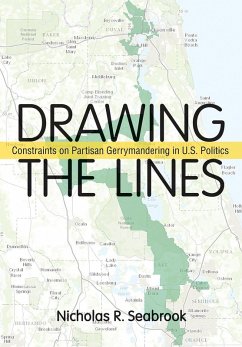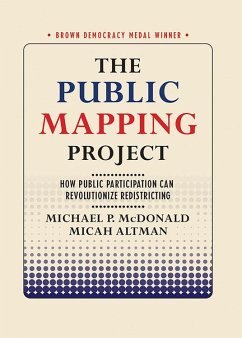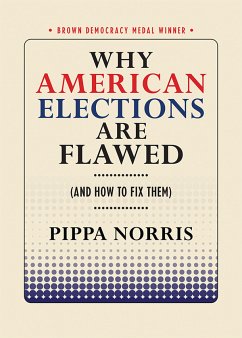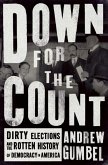Radical redistricting plans, such as that pushed through by Texas governor Rick Perry in 2003, are frequently used for partisan purposes. Perry's plan sent twenty-one Republicans (and only eleven Democrats) to Congress in the 2004 elections. Such heavy-handed tactics strike many as contrary to basic democratic principles. In Drawing the Lines, Nicholas R. Seabrook uses a combination of political science methods and legal studies insights to investigate the effects of redistricting on U.S. House elections. He concludes that partisan gerrymandering poses far less of a threat to democratic accountability than conventional wisdom would suggest.
Building on a large data set of the demographics of redrawn districts and subsequent congressional elections, Seabrook looks less at the who and how of gerrymandering and considers more closely the practical effects of partisan redistricting plans. He finds that the redrawing of districts often results in no detrimental effect for district-level competition. Short-term benefits in terms of capturing seats are sometimes achieved but long-term results are uncertain. By focusing on the end results rather than on the motivations of political actors, Seabrook seeks to recast the political debate about the importance of partisanship. He supports institutionalizing metrics for competitiveness that would prove more threatening to all incumbents no matter their party affiliation.
Building on a large data set of the demographics of redrawn districts and subsequent congressional elections, Seabrook looks less at the who and how of gerrymandering and considers more closely the practical effects of partisan redistricting plans. He finds that the redrawing of districts often results in no detrimental effect for district-level competition. Short-term benefits in terms of capturing seats are sometimes achieved but long-term results are uncertain. By focusing on the end results rather than on the motivations of political actors, Seabrook seeks to recast the political debate about the importance of partisanship. He supports institutionalizing metrics for competitiveness that would prove more threatening to all incumbents no matter their party affiliation.
Dieser Download kann aus rechtlichen Gründen nur mit Rechnungsadresse in A, D ausgeliefert werden.









